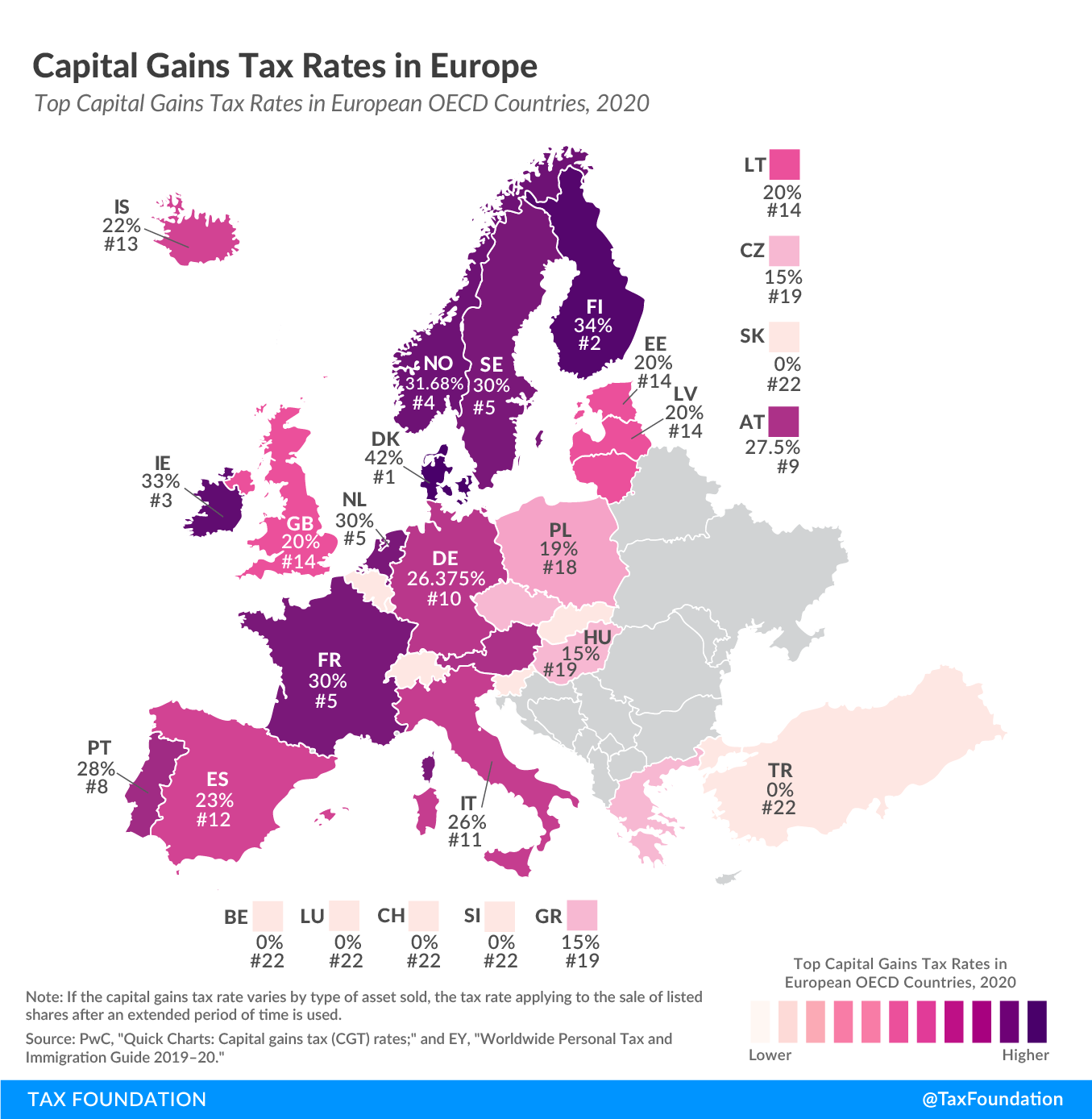Quite a good summary of the depressing reality of tax-efficient investment options in Ireland I thought: https://www.theislandinvestor.com/post/the-irish-investment-market-is-pathetic
Is there any investor advocacy group actively trying to change government policy? My perception of SF is that they are anti-investor but perhaps they would be interested at least in lowering the charges that funds routinely charge for pitiful performance?
Is there any investor advocacy group actively trying to change government policy? My perception of SF is that they are anti-investor but perhaps they would be interested at least in lowering the charges that funds routinely charge for pitiful performance?
